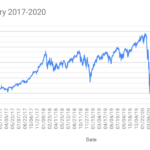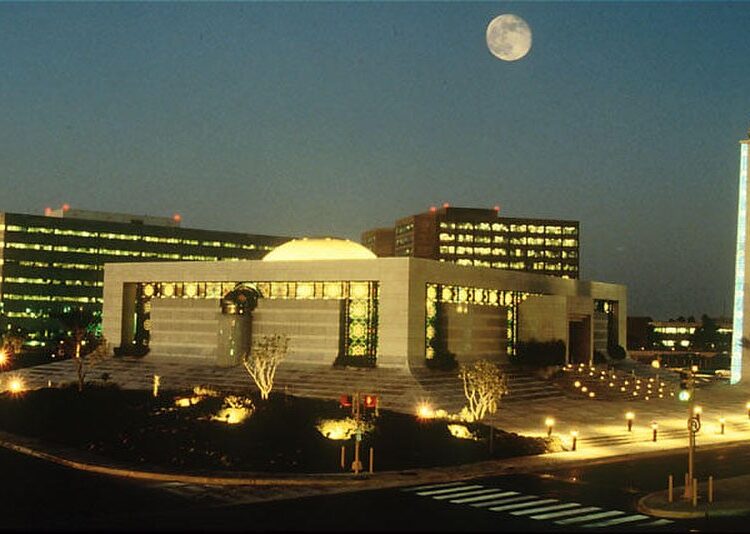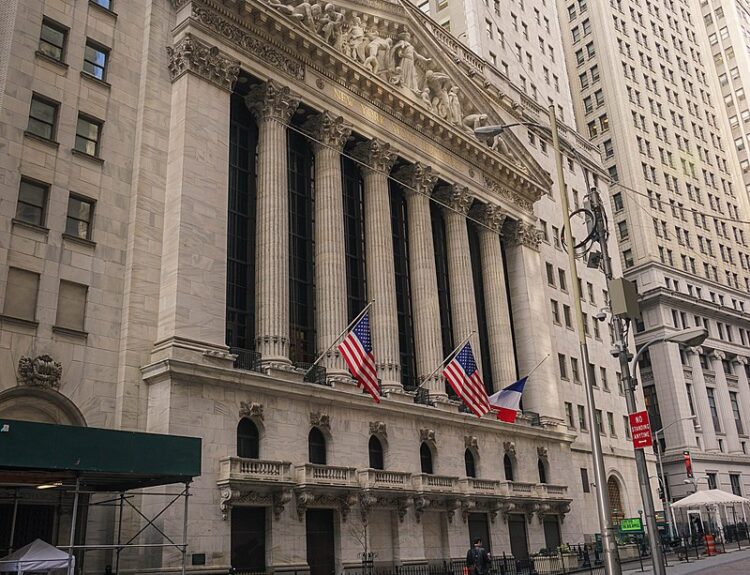As anger over Gaza policy rises, Malaysia finds new allies in China.
- Malaysia’s Prime Minister Anwar Ibrahim criticizes U.S. support for Israel amid Gaza conflict.
- Public sentiment in Malaysia is increasingly anti-U.S., with boycotts against American brands.
- Anwar strengthens ties with China, praising its foreign policy approach.
- 76% of people in 16 Arab nations view the U.S. more negatively since the Gaza war began.
- China’s pro-Palestinian stance is gaining it influence in the region.
- Malaysia intends to join BRICS, aligning more closely with China and Russia.
- Anwar has raised concerns about China’s treatment of Uyghur Muslims privately.
- American businesses in Malaysia face backlash due to the Gaza conflict.
In Malaysia, Prime Minister Anwar Ibrahim’s tenure has seen a shift in the country’s relationship with the U.S., particularly due to the ongoing Gaza conflict. Anwar, who was once viewed as a potential ally for the U.S. due to his democratic values and understanding of Western politics, has openly criticized the U.S. for its support of Israel, which has sparked widespread anger in the Muslim-majority nation. This discontent has led to boycotts of American brands like Starbucks and McDonald’s, with reports of vandalism at their outlets.nnDuring a recent visit from Chinese Premier Li Qiang, Anwar rejected the notion that Malaysia should fear China’s growing influence, instead praising its respectful approach to foreign relations. This sentiment reflects a broader trend in which many countries, particularly in the developing world, are seeking to balance their economic ties with both the U.S. and China.nnA recent poll indicated that 76% of respondents in 16 Arab nations have developed a more negative view of the U.S. since the Gaza war began, with many criticizing President Biden’s handling of the situation. Analysts suggest that China is capitalizing on this discontent to enhance its global standing, particularly in the Middle East.nnAnwar’s government has also expressed intentions to join BRICS, a coalition of developing nations that includes China and Russia, while downplaying disputes with Beijing over the South China Sea. Additionally, Malaysia has shown stronger support for China’s stance on Taiwan, a shift from its previous language that emphasized peaceful reunification.nnDespite these developments, Anwar has maintained that Malaysia values its relationship with the U.S. and continues to welcome American investments. However, the backlash against U.S. companies in Malaysia is palpable, with protests targeting businesses perceived as symbols of American influence.nnAnwar has also met with Hamas leaders and condemned Israel’s actions in Gaza, further complicating Malaysia’s diplomatic landscape. As the country navigates these tensions, it remains committed to economic growth, which relies on maintaining good relations with both the U.S. and China.·
Factuality Level: 7
Factuality Justification: The article provides a detailed overview of Malaysia’s political landscape, particularly regarding its relationship with the U.S. and China amid the Gaza conflict. While it presents factual information and quotes from credible sources, there are instances of bias and opinion, particularly in the framing of public sentiment and the portrayal of U.S. actions. Some sections could be seen as tangential, but overall, the article maintains a reasonable level of factual accuracy.·
Noise Level: 7
Noise Justification: The article provides a detailed analysis of Malaysia’s shifting political landscape, particularly in relation to its ties with the U.S. and China amid the Gaza conflict. It includes evidence from polls and expert opinions, while also addressing the consequences of these geopolitical dynamics. However, it could benefit from a more focused exploration of actionable insights or solutions.·
Public Companies: Starbucks (SBUX), McDonald’s (MCD), BlackRock (BLK), Intel (INTC), Texas Instruments (TXN)
Private Companies: Airbnb,Booking.com,Nestlé
Key People: Anwar Ibrahim (Prime Minister of Malaysia), Li Qiang (Premier of China), Tengku Zafrul Aziz (Minister of Investment, Trade and Industry), Chris Kempczinski (CEO of McDonald’s), Laxman Narasimhan (CEO of Starbucks), Yun Sun (Director of the China program at the Stimson Center), Ismail Haniyeh (Leader of Hamas)
Financial Relevance: Yes
Financial Markets Impacted: The article discusses the impact of U.S.-Malaysia relations on American companies like Starbucks and McDonald’s, as well as the semiconductor supply chain, which is vital for financial markets.
Financial Rating Justification: The article highlights the economic implications of political tensions between the U.S. and Malaysia, particularly in relation to American businesses operating in Malaysia and the semiconductor industry, making it relevant to financial topics.·
Presence Of Extreme Event: Yes
Nature Of Extreme Event: Health Crisis
Impact Rating Of The Extreme Event: Major
Extreme Rating Justification: The article discusses the ongoing conflict in Gaza, which has resulted in significant casualties, with health authorities reporting 39,000 deaths, most of them civilians. This situation represents a severe health crisis due to the humanitarian impact and the scale of loss of life.·
Move Size: No market move size mentioned.
Sector: All
Direction: Down
Magnitude: Large
Affected Instruments: Stocks
 www.wsj.com
www.wsj.com 





